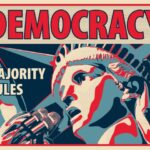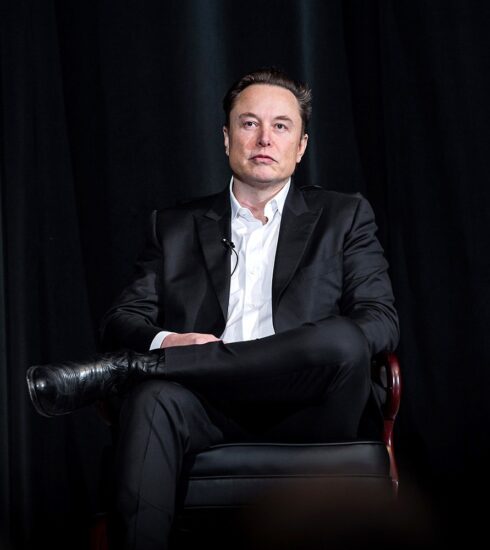What Will the New Economy Look Like? Part II
In Part I of this series I laid out a logical explanation for why our economy is currently so sluggish, essentially from 30 years of bubble creation mania, and why the Fed is printing $85 billion per month just to keep things afloat – to make up for a lack of true market demand. Keep in mind that I didn’t say that the stock market has been sluggish – 2012 and 2013 have been good years for stocks. But not for solid fundamental reasons. It being propped up by QE and the unspoken political credo, “If a crash is going to come I don’t want it to come in my tenure.” Our economy, in real terms, is extremely lethargic with real unemployment likely above 10%. I’ve attached a video to this article in which Peter Schiff expands on these points.
Ok so now you kind of know the problem… and it’s a big problem. So what do you do? How do we effectively manage and protect our money? First I’m going to state the solutions briefly with a little explanation. In Part III, I’ll break down the more elaborate solutions my team and I have come up with through extensive research and experience.
Solution Point #1: We have to commit to educating ourselves financially and economically
Everything starts with knowledge – it’s the foundation to build upon. We’re all in two businesses whether we like it or not – our regular income generating business and the financial management business. Wall Street has spent enormous amounts of money over the past 30 years to engrain in us that we don’t need to really understand our finances – we simply need to hand it over to a ‘professional.’ I do believe that all of us will have to use some sort of broker or professional to get products and services we need BUT we don’t need to rely on them for financial advice – we need to understand and fully comprehend the solutions in our own minds.
We’ve compiled a list of educational books here and videos here.
Solution Point #2: Learn to focus on production, rather than consumption
This is one of Millennials’ main problems. We’ve grown up in ‘the age of excessive consumption.’ Everywhere we turn we’re offered more and more – reality shows, video games, Facebook, Twitter, Snapchat, 24/7 news, and on-demand everything. The entertainment culture (along with a few other things) is slowly dismantling our productive heritage. It’s not that consumption is all bad – although obviously there are certain types of consumption that are better than others. But the tilt towards meaningless consumption seems to be getting larger and larger. After education (which can largely be a positive type of consumption), production is vital. In order to make money, to add value to society – we have to produce something worthwhile.
Solution Point #3: Get out of government sponsored savings & retirement programs
Not to sound like a broken record, but once again – everything starts with education. Understanding the ‘why’ is vital. This is where I get into what I believe are specific and accurate solutions.
We’re headed towards a statist society, if we’re not already altogether there. We’re in the midst of a nationalized healthcare push. I know it might sound a bit crazy if you haven’t heard it before – but the next logical step is a nationalized retirement system. Don’t believe me? You can read about it here and here. In Part III, I’m going to delve more into the facts about 401(k) type plans. For now, just know that the 401(k) is not a private sector plan – it’s a section of the tax code, a government controlled program. And with what seems to be (although I hope its not) majority support of government intervention and takeover – we could well see qualified plans like 401(k)s, 403(b)s, and IRAs be merged, in one way or another, with Social Security or something similar.
Solution Point #4 Privatize Your Assets
One of the least understood concepts in the financial world (even by so-called professionals) is the privatization of assets – meaning, getting your money in a place where it’s protected and you have full control over it. Over the past year or so I’ve had the privilege of working with attorney JJ Childers, six time author including Asset Protection 101 with Donald Trump, and much of our studies have been around how to most effectively privatize assets. As mentioned in point #3, most ‘investment plans’ today are not private plans – they are government sponsored plans. There are many things we can do to privatize our assets and I think it all starts with understanding a concept called ‘Privatized Banking.’ Dr. Bob Murphy, leading Austrian economist, co-wrote a book called How Privatized Banking Really Works detailing exactly what I’m talking about. I strongly suggest reading it. Through this ‘Privatized Banking’ system people can use liquid cash to enhance their business, make large purchases, or alternative investments.
Stay tuned for Part III…
[sdonations]2[/sdonations]











